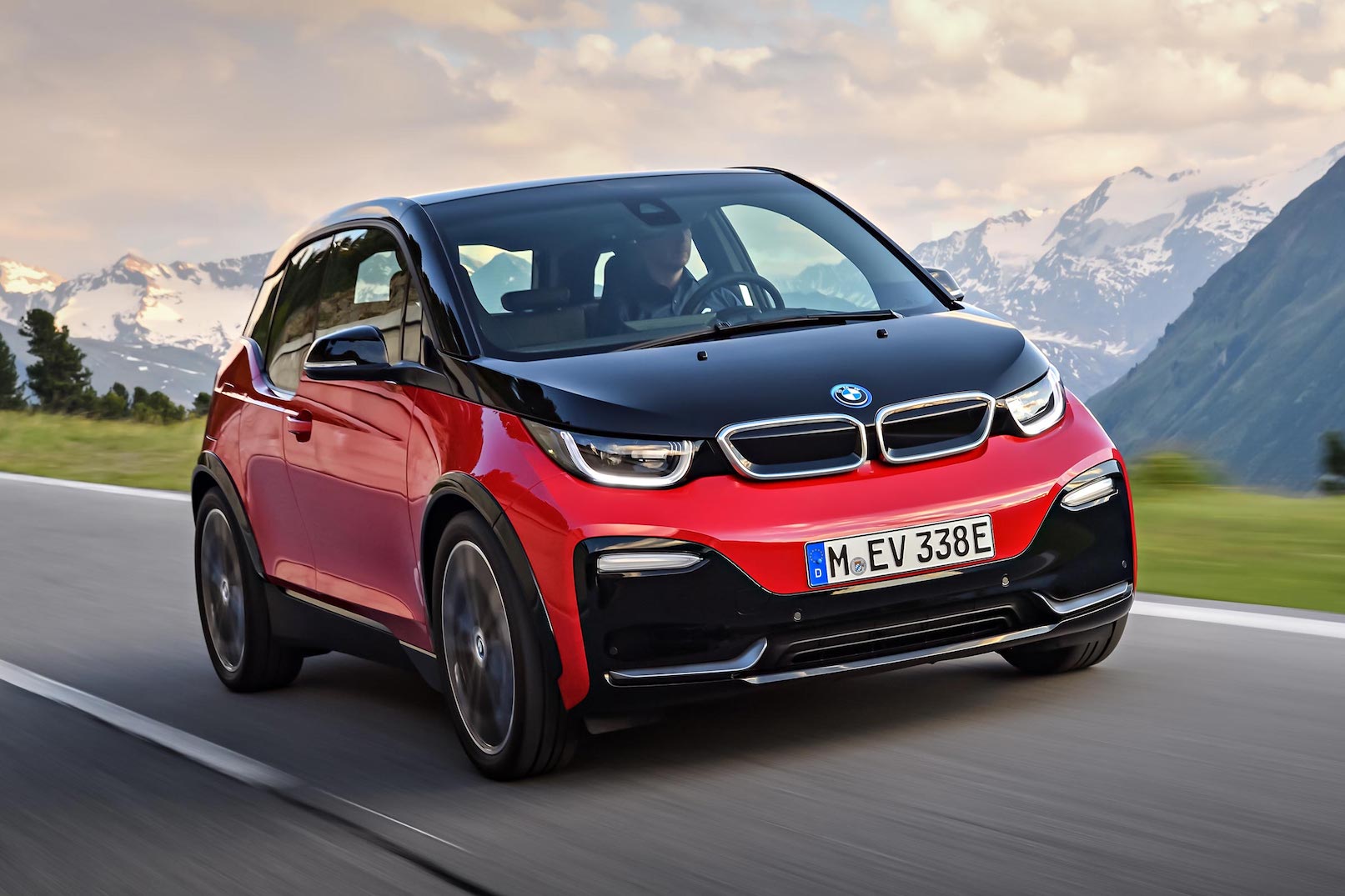The BMW i3, an innovative electric car, represented a paradigm shift in urban transportation. With its futuristic design, cutting-edge technology, and eco-friendly performance, the i3 set a new standard for sustainable mobility.
Design
The i3’s unique design instantly captured attention, with its sleek lines, distinctive kidney grille, and striking LED headlights. The use of lightweight carbon fiber reinforced plastic (CFRP) for its body enhanced its efficiency and range, while adding to its modern and dynamic appearance.
Powertrain
Underneath its stylish exterior, the i3 boasted an electric powertrain that delivered instant acceleration and a smooth, silent ride. The electric motor provided ample torque, propelling the i3 from 0 to 60 mph in just seconds, making it a nimble performer in urban environments.
Battery
The i3’s battery, combined with intelligent energy management systems, provided an impressive electric range, allowing drivers to travel emission-free for daily commutes and urban adventures. For longer trips, the i3 offered the option of a range-extender engine, which acted as a generator to maintain the battery charge, granting additional peace of mind.
BMW i3 Interior
Inside, the i3 offered a spacious and futuristic cabin that reflected BMW’s commitment to sustainability. The use of renewable materials, such as responsibly sourced eucalyptus wood and recycled fabrics, created a unique and eco-friendly atmosphere. The minimalist design, coupled with intuitive controls and an advanced infotainment system, made the i3’s interior a harmonious blend of modernity and functionality.
Technology
In terms of technology, the i3 was equipped with a range of innovative features. BMW’s iDrive system provided seamless access to navigation, entertainment, and connectivity, ensuring a connected driving experience. The i3 also offered advanced driver-assistance systems. This included a collision warning, pedestrian detection, and automated parking, enhancing safety and convenience on the road.
Charging
Charging the i3 was convenient and flexible, with various options available to suit different lifestyles. Home charging stations and public charging networks allowed for hassle-free recharging, while fast-charging capabilities enabled shorter charging times when needed. BMW’s ConnectedDrive services provided real-time charging station information, making it easy to plan and optimize charging sessions.
BMW i3 Models
BMW offered two different variations of the i3: the standard i3, which was a fully electric vehicle, and the i3 REx, which featured a range-extender engine for extended driving range. The main difference between the BMW i3 and the i3 REx lies in their powertrain configurations. The i3 is a fully electric vehicle, relying solely on its electric motor and battery for propulsion. On the other hand, the i3 REx, short for Range Extender, comes equipped with a small gasoline engine that acts as a generator to charge the battery and extend the vehicle’s range. This range-extender engine provides added flexibility for longer trips, offering peace of mind to drivers who may have concerns about range anxiety.
One of a Kind
The BMW i3’s impact extended beyond its eco-friendly performance and advanced technology. It represented a commitment to sustainability throughout its entire lifecycle. From the materials used in its construction to the responsible disposal of its components. BMW’s holistic approach to sustainability ensured that the i3 left a minimal carbon footprint, setting an example for the future of electric mobility.
End of the Line for the BMW i3
The discontinuation of the BMW i3 marks the end of an era for this pioneering electric car. After several years of pushing the boundaries of sustainable mobility, BMW has decided to halt production of the i3. The i3 played a significant role in the transition to electric vehicles. It showcased BMW’s commitment to innovation and eco-friendly transportation. Its distinctive design, and advanced technology. Impressive electric range made it a popular choice among urban drivers. However, as the automotive industry continues to evolve, BMW has shifted its focus towards developing new electric models with even greater capabilities. While the i3 may no longer be in production, its legacy as a trailblazer in electric mobility will always be remembered.
In conclusion, the BMW i3 was a trailblazer in the realm of electric cars. It offered a compelling blend of style, technology, and eco-consciousness. Its futuristic design, electric powertrain, and sustainable materials made it a standout choice for urban dwellers seeking an emissions-free and efficient mode of transportation. With its range-extender option and innovative features, the i3 provided a practical solution for longer journeys. As BMW continued to innovate in the field of electric mobility, the i3 remained a testament to their commitment. It was a symbol of their dedication to shaping the future of urban transportation.
Check out other articles about German cars.
